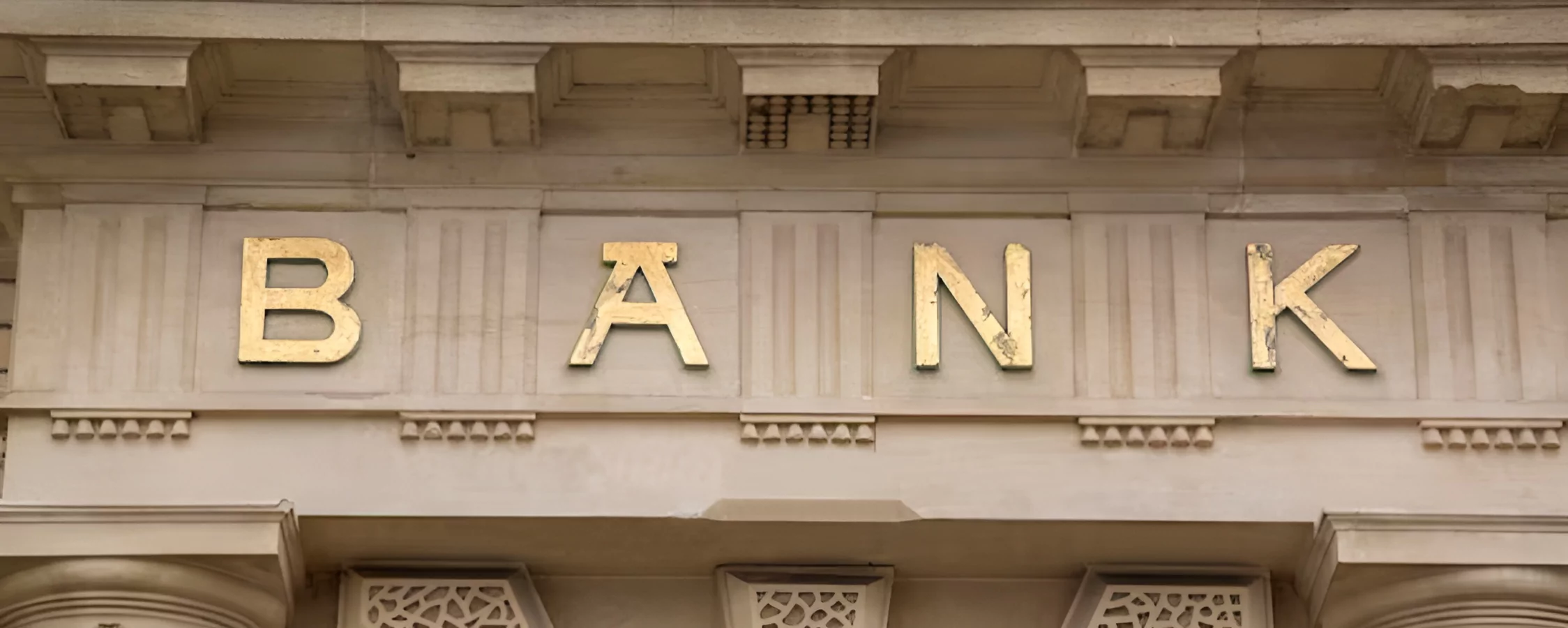Cryptocurrency is changing the way we think about money and transactions. But here’s the thing: getting into the world of cryptocurrency is more than just buying Bitcoin or Ethereum and watching the price rise. It’s also about protecting your assets. To achieve that you must choose the right crypto wallet for you.
Now, I get what you’re thinking: “Why does choosing a wallet matter? Aren’t all wallets essentially the same? The truth is that choosing the best cryptocurrency wallet is similar to getting the correct pair of shoes—you need something that complements your style, meets your demands, and, most importantly, keeps everything safe.
So, let’s break it down. By the end of this article, you’ll know exactly what to look for when picking the crypto wallet that’s tailor-made for you.
What Exactly Is a Crypto Wallet?
Before we get into the specifics, let’s address a common misunderstanding: a cryptocurrency wallet does not store your bitcoin in the same way as a traditional wallet does. It contains the keys to your cryptocurrency instead. Sending, receiving, and accessing your digital assets are made possible by these keys, both public and private.
Consider a cryptocurrency wallet to be similar to your home’s key. Without it, entry is impossible. Your digital assets, or the house, are still there, but without access, they are practically worthless. Selecting a cryptocurrency wallet is a serious matter, much like you wouldn’t leave your house key under the doormat.
The Two Main Types of Crypto Wallets
You’ll hear the terms “hot wallet” and “cold wallet” used frequently while discussing wallets. These are crypto storage’s yin and yang, each with unique benefits and drawbacks.
Hot wallets are connected to the internet. Think of them as the flashy sports car—fast, convenient, and easy to use, but not the safest option for long-term storage.
On the flip side, cold wallets are like a secure vault. They’re completely offline, which makes them harder to hack, but you sacrifice some convenience for that added layer of security.
The decision between hot and cold wallets comes down to your personal needs: security or accessibility. But don’t worry, we’ll dig deeper into this in a moment.
Why Choosing the Right Wallet Matters

Alright, let’s address the elephant in the room. Why don’t you simply choose the first crypto wallet that appears on Google and end the day there? Consider this scenario: you recently purchased your ideal vehicle, but you choose to leave it unlocked on the street rather than storing it in a safe garage. How long do you think it’ll last?
This also holds true for your cryptocurrency. Phishing scams, hackers, and even careless user errors can result in catastrophic losses. Having the correct wallet gives you peace of mind in addition to protecting your belongings. And believe me, you can’t put a price on that.
Factors to Consider When Choosing a Crypto Wallet
Now, let’s get to the heart of the matter: how do you actually choose the right crypto wallet for you? Well, it’s not a one-size-fits-all scenario. Your choice will depend on your specific needs, goals, and comfort level with technology.
1. Security Features
First and foremost, you want a wallet that acts like a fortress. Look for features like two-factor authentication (2FA), multi-signature support, and encryption. These might sound a bit technical, but they’re your first line of defense against potential threats.
If you’re opting for a hardware wallet—a type of cold wallet—make sure it has a secure chip and a strong PIN system. And if you’re going for a hot wallet, ensure the provider has a solid reputation and a history of strong security practices.
2. Ease of Use
Let’s be honest: not everyone is a tech whiz. If a wallet feels like it requires a PhD to operate, it’s probably not the best fit for you. When you choose the right crypto wallet look for a user-friendly interface, clear instructions, and intuitive features.
After all, what’s the point of having top-notch security if you can’t figure out how to send or receive crypto?
3. Compatibility with Cryptocurrencies
Above Displays Live Prices of The Top Cryptocurrencies
Are you a Bitcoin-only kind of person, or do you dabble in altcoins like Ethereum, Solana, or Cardano? Not all wallets support every cryptocurrency, so make sure the one you choose is compatible with the assets you plan to hold.
Imagine buying a wallet only to find out it doesn’t support your favorite coin. Talk about a buzzkill!
4. Backup and Recovery Options
Life happens. Maybe you lose your phone, or your hardware wallet gets damaged. In such cases, a solid backup and recovery system can be a lifesaver.
Most wallets provide a recovery phrase—a series of words you can use to restore your wallet if something goes wrong. Treat this phrase like gold. Write it down, store it safely, and never share it with anyone.
5. Community and Support
This might not seem important at first glance, but trust me, it matters. A wallet with an active user community and responsive customer support can make a world of difference, especially if you run into issues.
When you’re dealing with your hard-earned money, the last thing you want is radio silence from the company when you need help.
Hot Wallets vs. Cold Wallets: Which One’s Right for You?
Alright, let’s circle back to the hot vs. cold wallet debate. If you’re someone who trades frequently and needs quick access to your funds, a hot wallet might be your best bet. Think of it like a checking account—perfect for everyday use.
However, if you’re planning to HODL (hold on for dear life) and store your crypto for the long haul, a cold wallet is the way to go. It’s like a savings account—safe, secure, and ideal for long-term storage.
But who says you have to choose just one? Many seasoned crypto enthusiasts use a combination of both. For example, they’ll keep a small amount in a hot wallet for trading and day-to-day transactions while storing the bulk of their assets in a cold wallet.
The Role of Software and Hardware Wallets
Now, let’s talk specifics. Software wallets are a type of hot wallet that you can access via an app or website. They’re convenient and often free, but they come with the risk of being hacked.
Hardware wallets, on the other hand, are physical devices that store your keys offline. Sure, they’ll cost you a bit upfront, but the added security is worth every penny.
It’s like the difference between locking your valuables in a desk drawer versus a high-security safe. Which one would you trust more?
Common Mistakes to Avoid When Choosing a Wallet
Let’s take a moment to talk about what not to do. First, don’t fall for flashy marketing or too-good-to-be-true promises. If a wallet guarantees 100% security, they’re lying—no system is completely foolproof.
Second, avoid using wallets that don’t give you control over your private keys. Remember the saying, “Not your keys, not your crypto”? It’s a rule to live by in the crypto world.
Lastly, don’t neglect research. Take the time to read reviews, watch tutorials, and even test out a few options before committing.
Conclusion | How To Choose the Right Crypto Wallet
So, there you have it. Choosing the right crypto wallet might feel overwhelming at first, but it doesn’t have to be. Think of it as a journey—one where you’re equipping yourself with the tools to protect and grow your assets.
Whether you’re an experienced investor or just getting your feet wet, the perfect wallet is out there waiting for you. All it takes is a bit of research, some self-reflection, and a commitment to security.
Finally, the ideal crypto wallet does more than just store your digital assets. It is about providing you the confidence to navigate the ever-changing world of crypto with ease. So go ahead and choose the wallet that fits you best.













